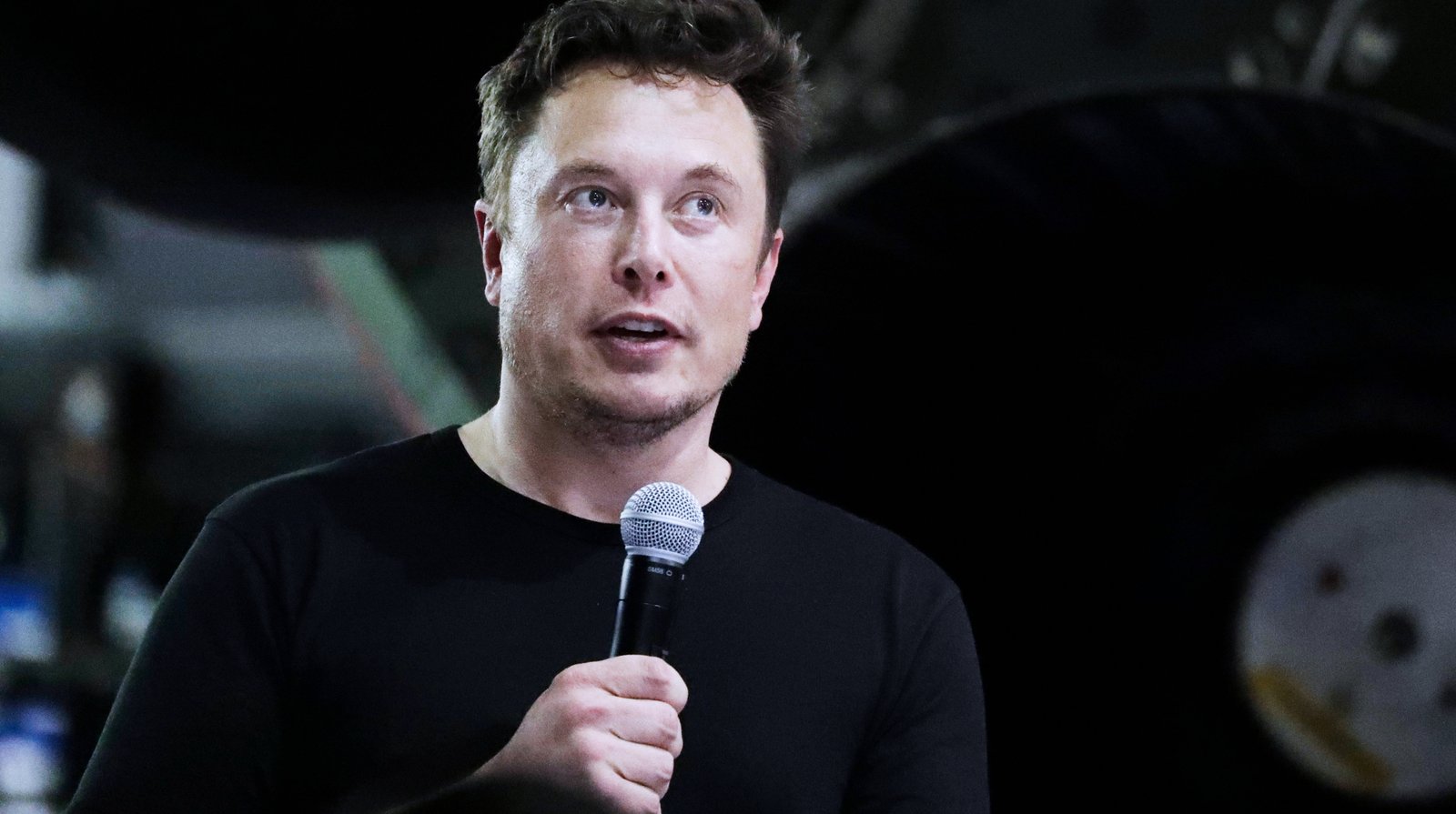Elon Musk is one genius whose life has always been surrounded by controversies. Despite his sharp business acumen, the entrepreneur has faced a myriad of challenges as he tries to create technological advancements that benefit the global population. One of his many criticized ideas include the infamous Martian travel; even so, this has not stopped the multi-billionaire to come up with more ideas that could raise your eyebrow.

Chris Carlson/AP/REX/Shutterstock
This time, however, his idea has previously been tried by another tech giant, Facebook. The quest to provide free satellite Wi-Fi for the whole world. This idea as suspected was inspired by Musk’s greatest inspiration, Nikola Tesla who had envisioned providing seamless energy through space. While this didn’t materialize, Musk’s version has a great start.The project involves sending 4425 high-end satellites into space at a cost of $10 bn. The sad part isn’t about the huge cost, Musk is worried about his rivals and big corporations that don’t want this project to leave the ground. In this case, multinational ISPs whose interests will be gravely affected.
Similar attempts have been made by Google and Facebook where they used high-altitude drones and balloons but failed.
According to sources, the mission involves offsetting satellites measuring 4*1.8*1.2 cubic meters into space but most people remain skeptical especially following the issue with Falcon 9 explosion aftermath. However, Elon Musk couldn’t care less, he is planning to send the satellites into space all at once without even testing with a few.
Critics, however, continue to question the credibility of the idea pointing out connectivity in such a case will be highly dependent on weather.
Another grave concern comes from environmentalists who argue that launching over 4k satellites into space will have a significant environmental impact. Furthermore, others remain skeptical if the satellites will adapt enough for their functions given the small time window of their launch.
NASA drove the final nail when it recently estimated that there are more than 2600 satellites roaming the planet. Therefore, launching 4k more will increase the possibility of satellites colliding while in orbit.
For now, the idea looks good on paper and in prototype but considering the huge risks we hope the rich corporate think critically before they invest in such a fantasy.





